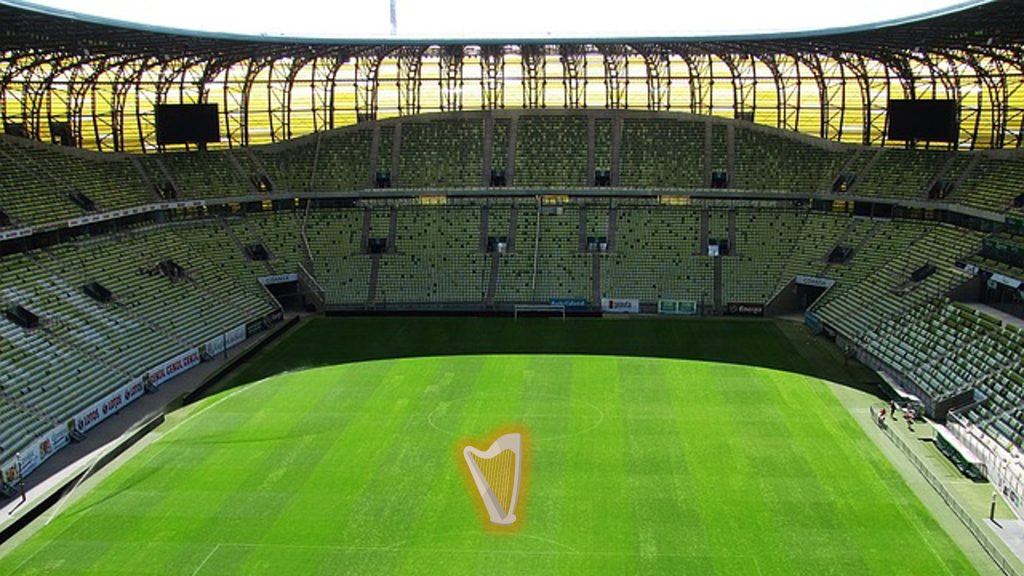There is not a teacher that I know that hasn’t heard some variation of, “it was so much better at home”! I know, right? Sadly, I know this not only as a teacher but also because I’ve said it myself! Because we have practiced so much and we’re expecting so much of ourselves when we get to our lesson.

Therefore, we could be excused for being bemused when we sit in our lesson and … bomb! It’s like we brought rented fingers. Like we didn’t bother to practice. Like we play some other instrument. Like we’re no good. What happened?
What happens is that you have practiced playing the tune, but you haven’t really practiced performing it. Nor have you (probably) practiced playing in a different environment. I know that none of my students has a carpet as challenging as the one in my studio. They don’t have the same lighting. They don’t have the same harp (some have a different model, others have a different brand). And they sure didn’t practice all week with me looming next to them, watching what they do.
The reality is that your lesson is not a stage performance, but it is a type of performance. You are playing for an audience. And you know that your audience is judging.* The question is what will you learn when you do these performances? Here are a few things you might do to learn more to take away from your next lesson performance:
Optimize your setting. Make sure you have enough light, enough room, are comfortable, and can relax before playing. You can still do this, even if you’re at a lesson. It will give you space for your performance. And it might give your teacher some insight into how their studio looks to a student.
Have a run through. This is a good idea to help you settle down. If you’re nervous, just play a “throw away” – play through the tune just to settle in, get used to the harp, and shake off the commute and the day and get your head fully into your playing. You might ask your teacher to busy themselves doing something that isn’t listening to you – just to get in the groove. Once in that groove – then perform the tune.
Lean in to where you are. If you’re still learning a tune, don’t pretend (or expect) to play it flawlessly. Think about what’s not working and start there. Rather than plopping on the bench and belting out a bunch of notes, start a discussion about what you have had trouble with, what’s tripped you up repeatedly, what you’re dreading as you come up on it, and what’s going pretty easily. All this will help you and your teacher focus on what needs work. Don’t make your teacher figure it out – you’ve had all week to find out where the problems are, so use that information to move you forward! After working on the kinks, then you can play the tune!
Just these three things will make each of your lessons more effective and will shift your thinking about performing in your lesson. You will be able to prepare better, learn more, and get farther each time. And that will get you ready to learn even more!
Do you feel like your lessons are performances? How does that help (or hinder) you? If you haven’t thought of it that what, what else do you think you might do for your lessons? Let me know here in the comments!
*All teachers judge – but good teachers judge your playing – not you!